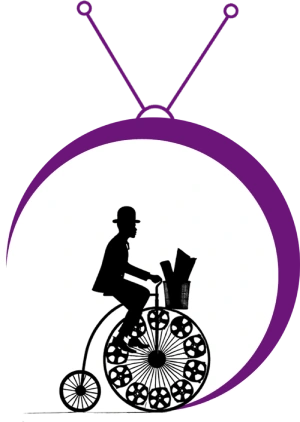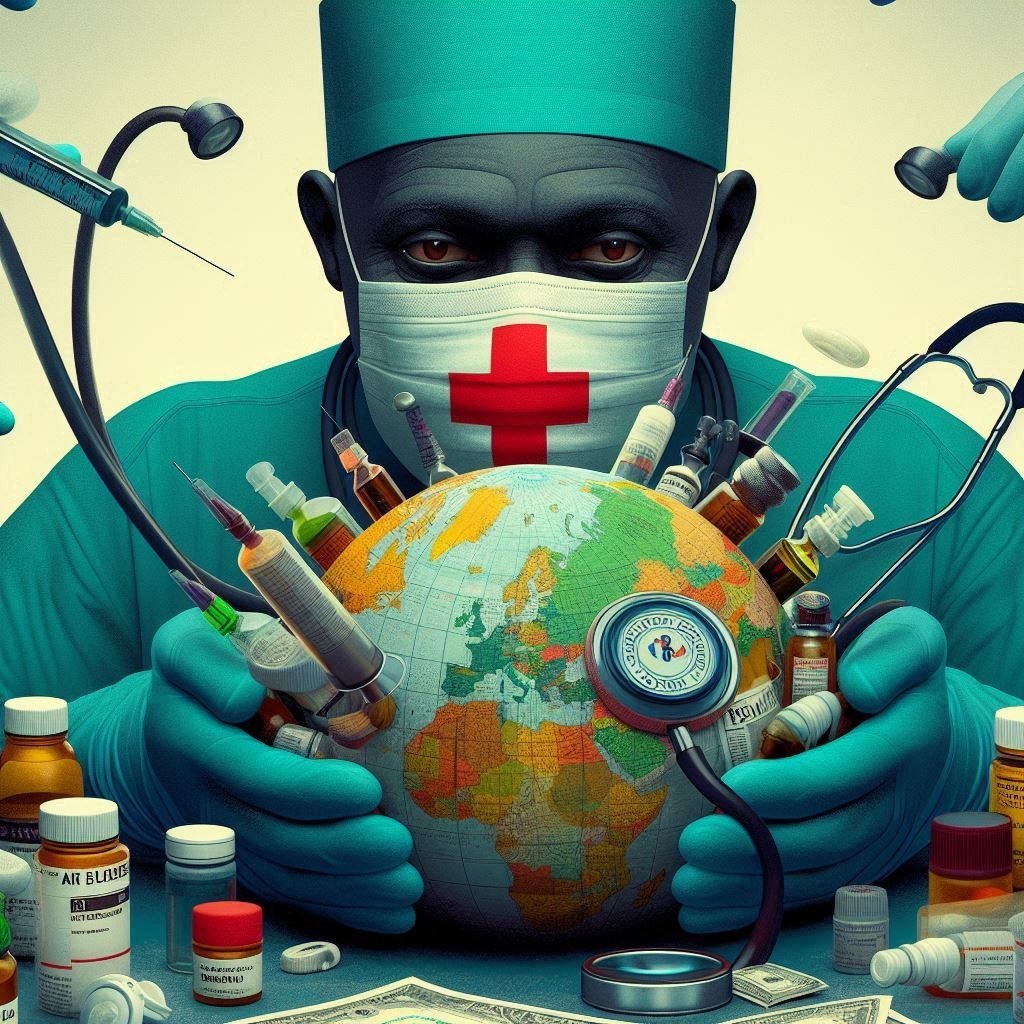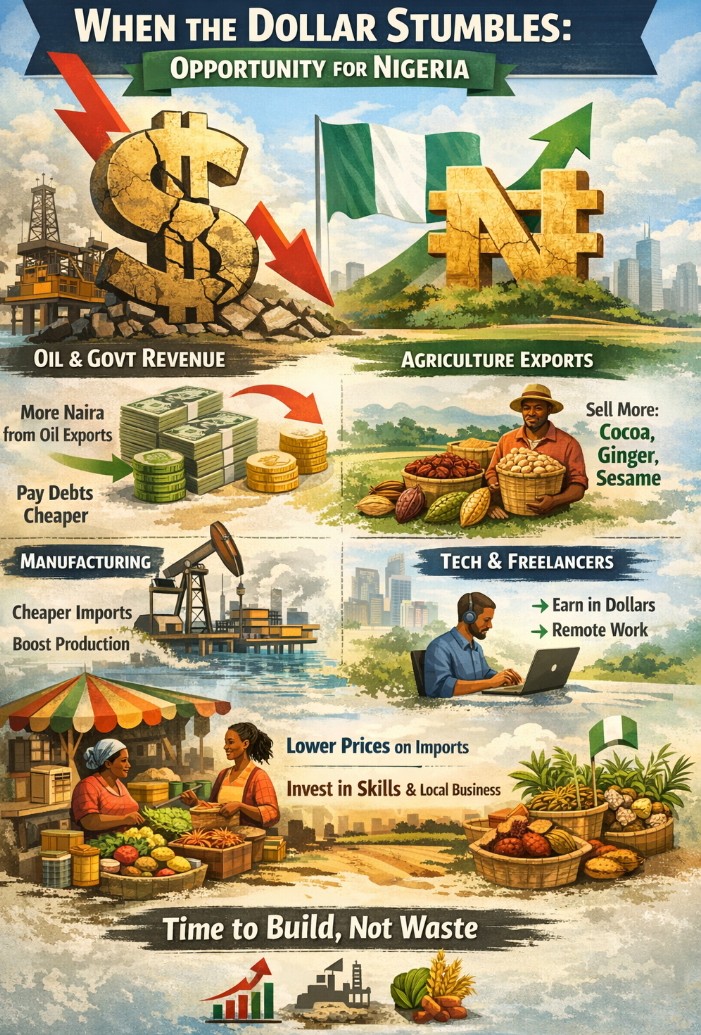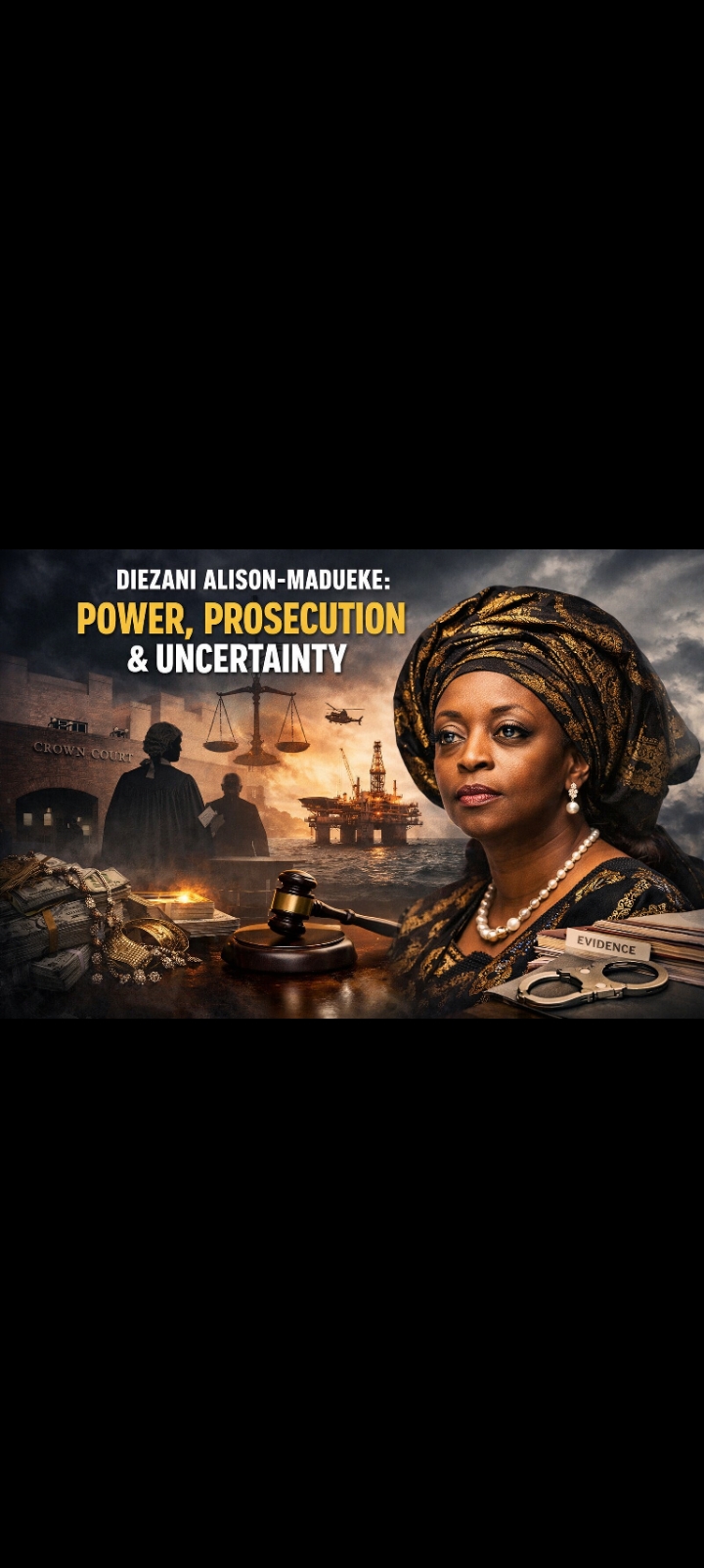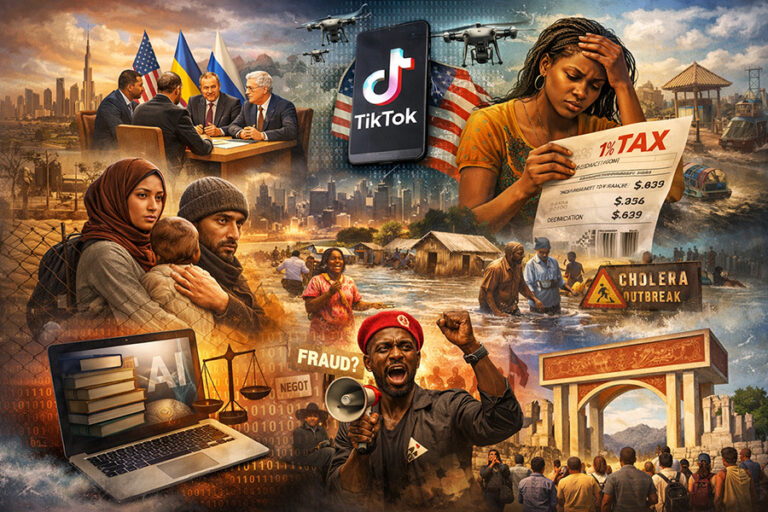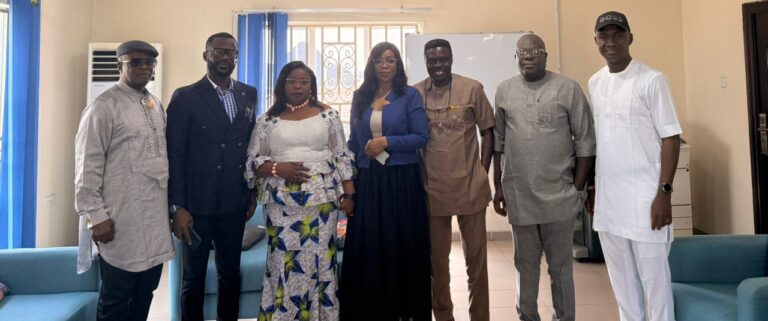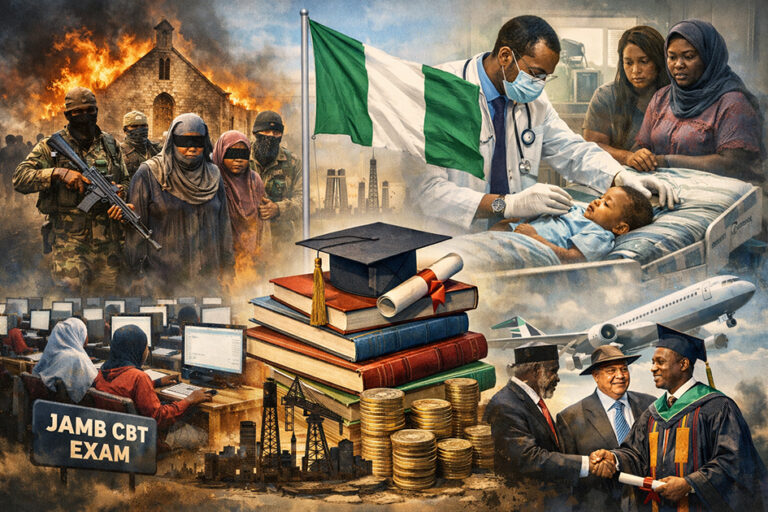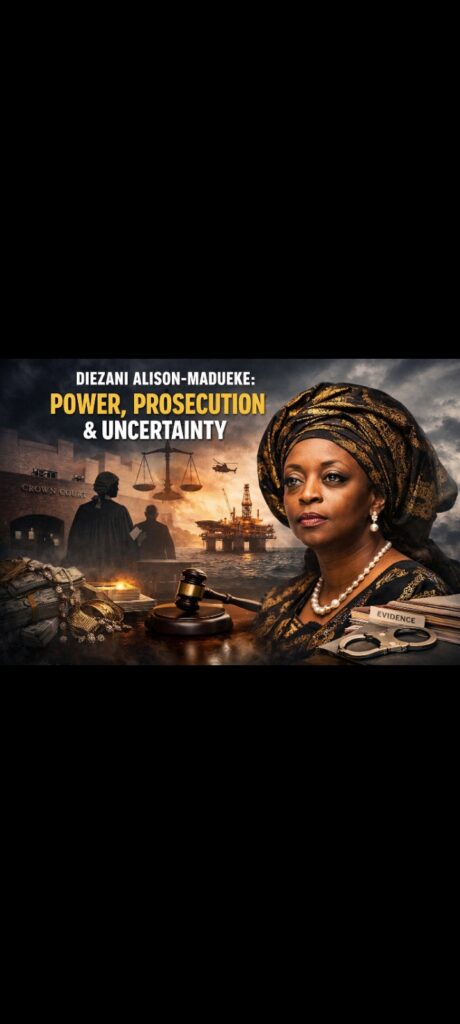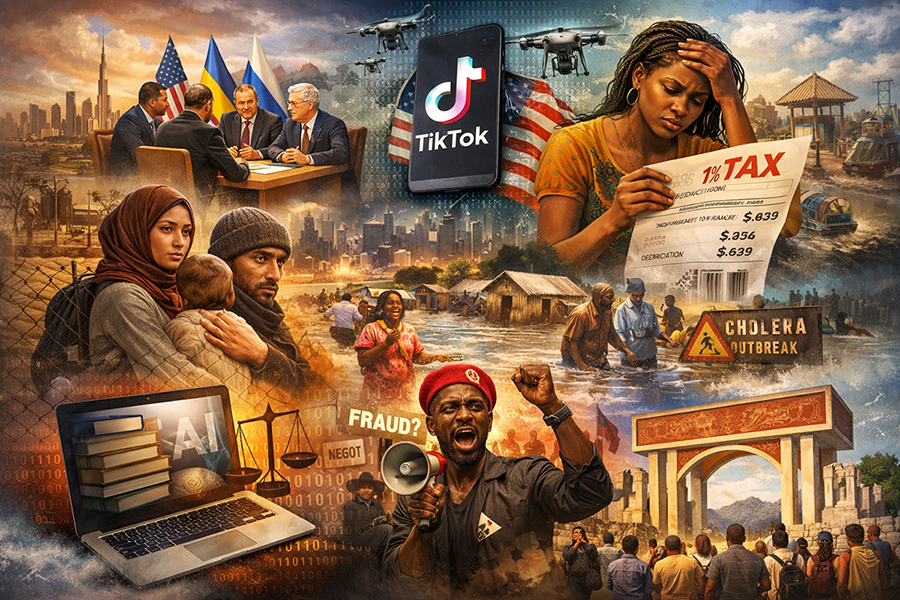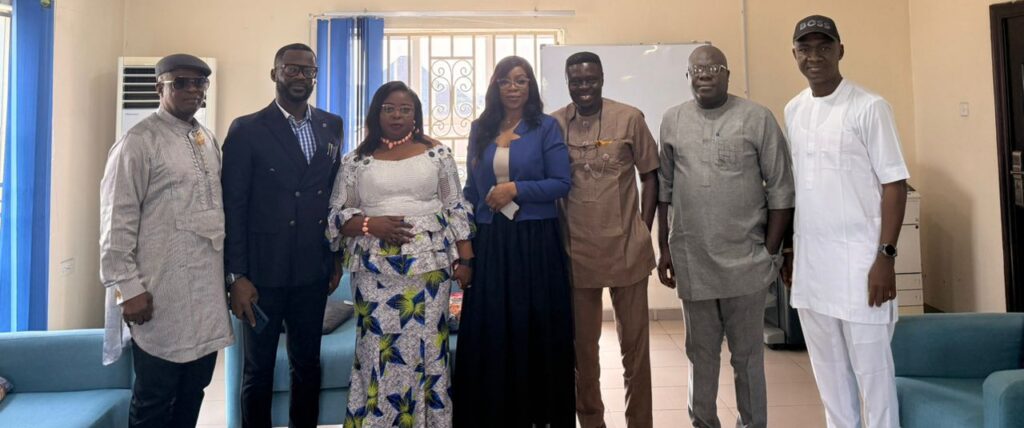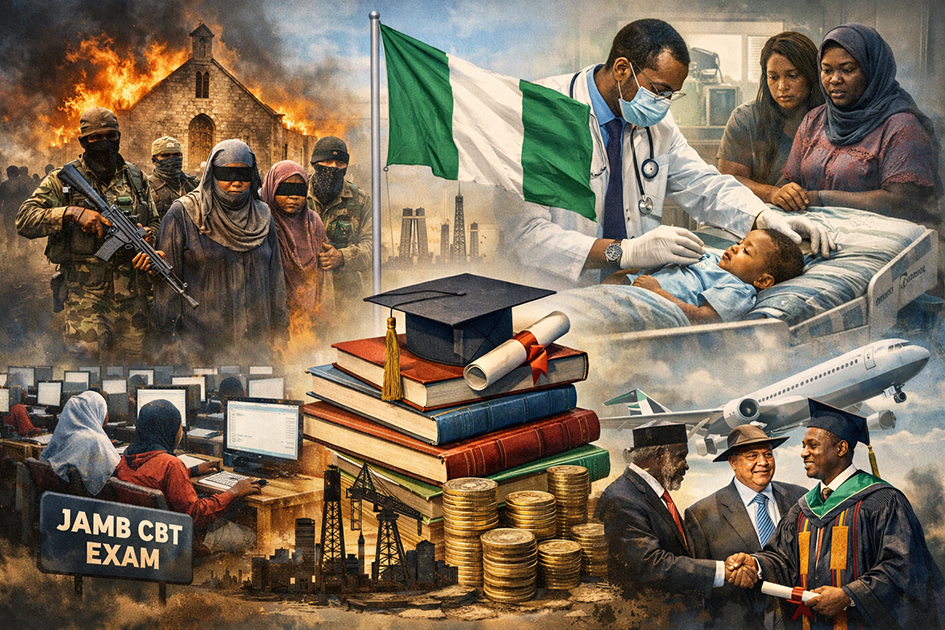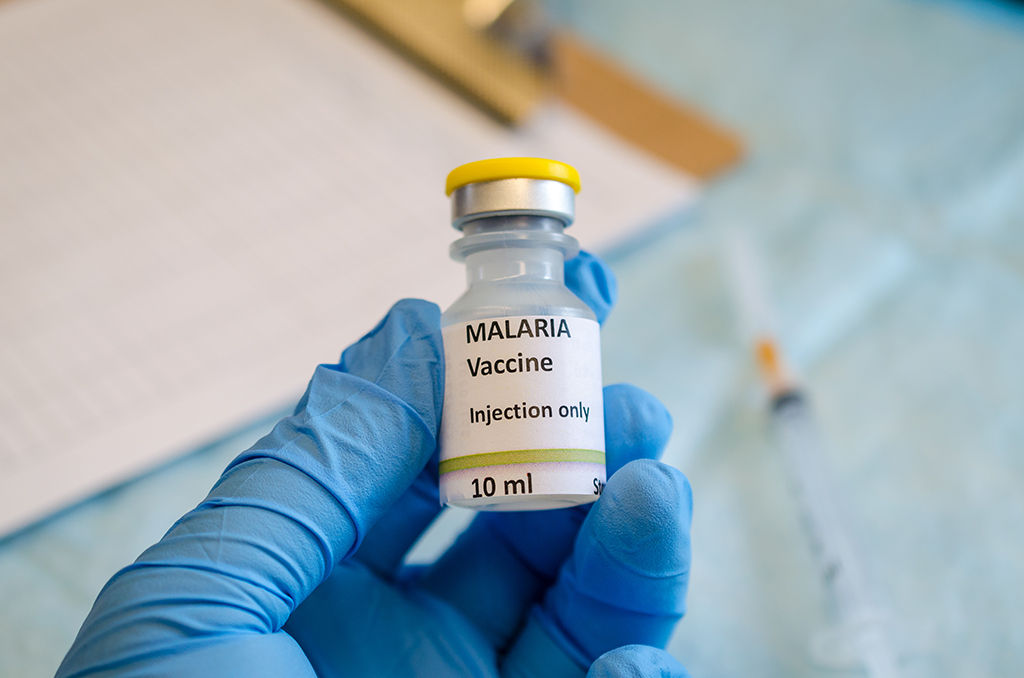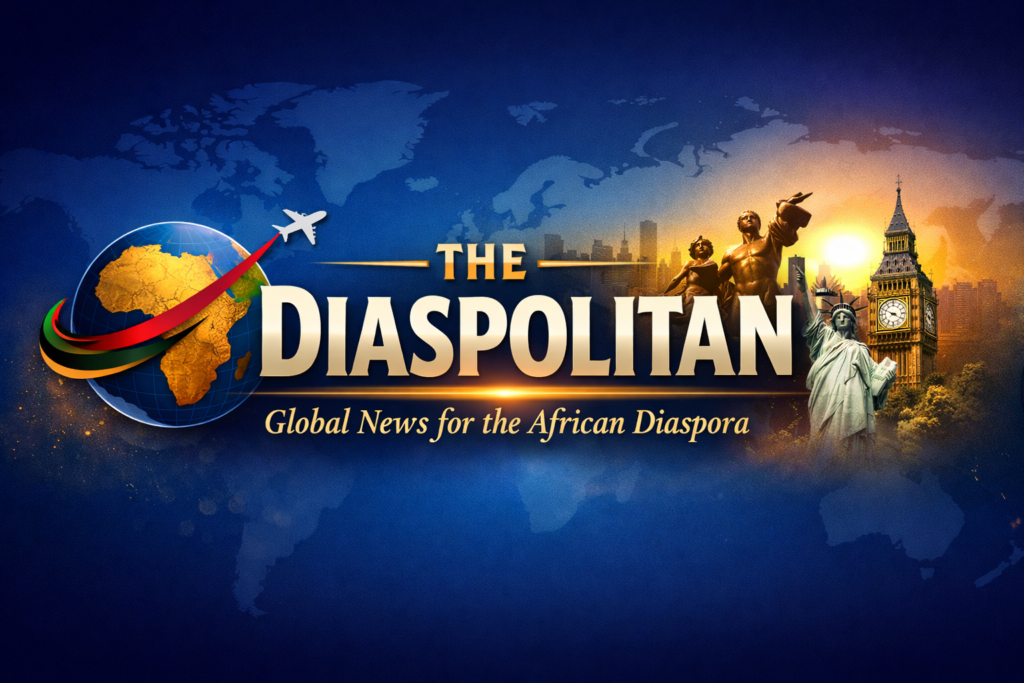Medical fakery has emerged as a significant public health issue not just in Bayelsa State, Nigeria, but across the globe. Recent events, such as the arrest of Doubara Esamasuode, an unlicensed medical practitioner in Yenagoa, Bayelsa, underscore the severe risks posed by unlicensed medical practices. The arrest, highlighted by Police Public Relations Officer Emonena Gunn, reflects a strong commitment to public safety and serves as a reminder of the importance of verifying medical credentials. Public vigilance is essential, not only in Bayelsa but throughout Nigeria, to safeguard public health.
The Threat of Unlicensed Medical Practice in Nigeria
Unlicensed medical practitioners often result in misdiagnoses and improper treatments, posing severe risks to public health. The Nigerian Medical Association has advocated for stricter regulations to address these systemic issues. While the arrest in Bayelsa was welcomed by residents, many recognize that this problem extends beyond the state, necessitating rigorous checks and awareness campaigns nationwide.
The Medical and Dental Practitioners Act, Cap 221, regulates medical and dental practice in Nigeria, requiring all practitioners to be registered and licensed by the Medical and Dental Council of Nigeria (MDCN). Practicing without a license carries severe penalties, including imprisonment of one to eight years and fines. Despite these regulations, the presence of unlicensed practitioners remains a significant threat to public health, leading to improper care and eroding trust in the healthcare system.
Global Perspective on Medical Fakery
The issue of unlicensed medical practitioners is not unique to Nigeria. African migrants in the diaspora often face barriers to accessing legitimate healthcare, which can lead them to seek unlicensed providers. This often results in severe health complications, exacerbating existing disparities in healthcare access for African diaspora communities.
Globally, recent cases illustrate the risks of unlicensed medical practices. In April 2023, Stephan Gevorkian was charged in Los Angeles for practicing medicine without a license, highlighting the need for stringent verification of medical credentials. Similarly, Cristian Perez Latorre faced charges for unlicensed cosmetic surgery in 2024, and Texas authorities halted two unlicensed practitioners in Houston, emphasizing the urgency of addressing such crimes. These incidents underscore a broader trend of unlicensed medical activity and the need for increased awareness and regulation.
In Kenya, the arrest of Mugo wa Wairimu in 2021 brought attention to the challenges in regulating medical practices. In the UK, the case of Zholia Alemi, a fake psychiatrist, led to demands for stricter checks on medical qualifications. Other instances in India, Russia, China, Brazil, and the UAE further demonstrate the widespread nature of this issue, prompting governments to implement public awareness campaigns and enhance regulatory frameworks.
Across the Middle East, unlicensed practitioners continue to pose risks, prompting several nations to intensify their crackdown on illegal medical activities. These collective efforts—raising awareness, enforcing regulations, and educating the public—are vital in safeguarding public health against the dangers of unverified medical services. The global scale of these challenges highlights the ongoing struggle faced by authorities in combating medical fakery.
Medical fakery is not just a local issue in Bayelsa; it is a global epidemic affecting numerous communities, including the African diaspora. Recent arrests underscore the importance of verifying medical practitioners’ credentials to ensure safe and competent healthcare. Addressing this issue requires collective vigilance and coordinated action by governments, regulatory bodies, and communities to protect public health and restore trust in the healthcare system.
